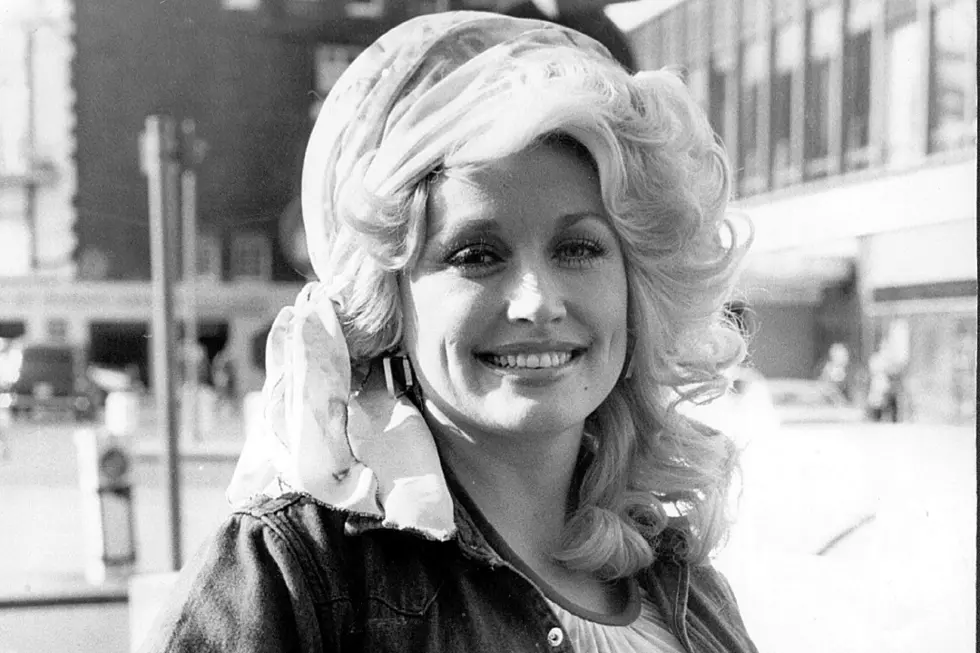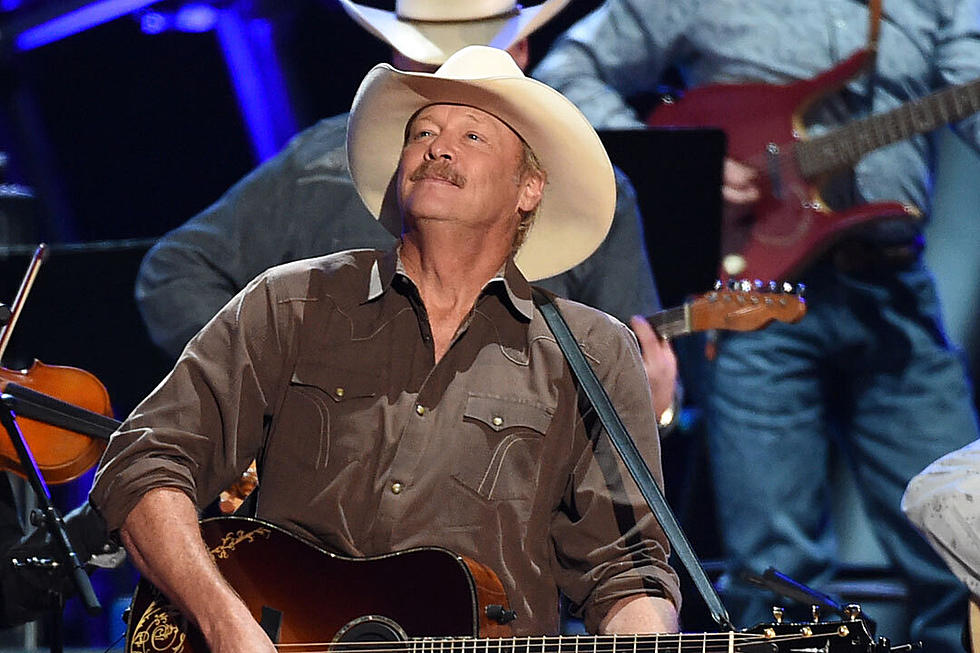
If You’re Not on Country Radio, Do You Exist?
Sony Music Nashville head Gary Overton inadvertently opened up a huge can of worms in March when he infamously said, "If you're not on country radio, you don't exist." But on closer inspection, that's less true right now than perhaps at any other time in the history of commercial country radio.
Overton made the remark to Nashville's The Tennessean newspaper just prior to this year's Country Radio Seminar, an annual convention that brings together Music Row executives, artists and radio programmers from around the country and helps set the radio agenda for the rest of the year. “I can’t think of one star, much less superstar in country music, who wasn’t broken by country radio," he added. "It’s just a fact. That’s where the active audience is. That’s where they go to listen to it … I defy you to tell me one act that made it big without country radio.”
That's less true right now than perhaps at any other time in the history of commercial country radio.
"Well, for one thing, Gary Overton doesn't exist anymore, either. He has since exited the building," independent artist Ray Scott tells Taste of Country with a laugh (Overton announced his departure from Sony just weeks after his comments, though it's been said that his exit was in motion long before). "To put it in context, it was during CRS, and basically it was what they all kind of do, kissing up to country radio, saying, 'You guys are the gatekeepers.'"
Overton's comment is essentially true, if seen in the context of breaking a mainstream country act. But with sales of major label acts getting softer and softer due to streaming services and outright piracy, more and more independent acts are becoming more competitive by utilizing alternative marketing as a way to make an end run around country radio.
Ironically, at almost the same time Overton made his remarks, Texas-based country artist Aaron Watson debuted at No. 1 on Billboard's Top Country Albums chart with his aptly-titled new album, The Underdog.
“My name is Aaron Watson. I’m not played on country radio. And I have the No. 1 record in country music this week. I do exist," Watson told Saving Country Music. "And I also run a multi-million dollar business that employs up to 20 people."
Watson partnered with Nashville-based Thirty Tigers, which performs many of the tasks a traditional label would, but on an a-la-carte basis that is far more cost effective, giving the majority of the revenue back to the artist. His business model has depended on word of mouth, building support at Texas radio and building a solid touring base that is invested in his particular brand of traditional country.
"A lot of people call me 'up and coming,' but it's more like 'slow and steady,'" Watson tells Rolling Stone Country. "I've been doing this for 15 years, 12 albums and 2,000-plus shows. What we're doing right now is pretty much a 'David versus Goliath' kind of situation, because I've never been embraced by the music industry ... If someone shuts a door in your face, you don't let that stop you; you pick the lock, take it off its hinges or find another door that's open."
That approach is working for a growing number of artists whose work sits outside the commercial mainstream of country music, including Blackberry Smoke, whose latest album also topped the Top Country Albums chart, and Sturgill Simpson, whose breakthrough Metamodern Sounds in Country Music album has passed 100,000 in sales despite little or no radio support.
If we spent the same promotional dollars that the major labels did, it's still not gonna make any difference
Ray Scott was previously signed to Warner Bros. Nashville, but has released his most recent albums independently. Scott scored a huge success with his third album, Rayality, which he released in 2012. Promoting the project primarily via the internet and satellite radio, Scott ended up selling 200,000 units — a feat practically unheard of for an independent country artist. He partnered with his producer, Dave Brainard, for a new label called deciBel Nashville, to release and promote his latest self-titled album, which he released in October of 2014.
"The approach came out basically out of necessity," Scott tells us of his decision to pursue alternatives to the commercial radio paradigm. "Mainstream radio for the most part won't play an indie guy. Even if we had the money — if we spent the same promotional dollars that the major labels did, it's still not gonna make any difference, because politically, we're not gonna be in the game. So it's pointless, even if you have capital, to try to spend it that way. We're just trying to be smart about it. Obviously social media is a big deal these days."
Scott has seen much of his success from the support of SiriusXM. "That's made a huge difference, because that's such a far-reaching radio station," he notes. "Being satellite, it's not confined to one region. It's nationwide, and in Canada as well. So that been a huge part of it for me, and we kinda made a business plan going into our label partnership that took into account the XM support."
Scott has also seen results from investing in highly targeted publicity, as well as secondary radio, which he targets in specific regions as a means to building his touring audience. But he cautions that the internet is only useful in promoting a project if the music is good enough.
At the end of the day, we're all dependent ... there's no such thing as an independent artist.
"Content matters more than anything else," Scott states. "I'm talking about the quality of the content of music that you're recording, and not only that, but the content of coverage that you record, be it audio, video ... that all counts. If people see something they like, they'll share it, and we've benefited greatly from that type of thing. Obviously out there on the internet these days, there's tons and tons of artists who are calling themselves singer-songwriters, and they're recording material and releasing it, but it's not connecting, because not all content is good. Sometimes it probably gets frustrating for people, weeding through all the crap to get something golden."
Though Scott owns his own label, he points out that he still has people to answer to — his fans. "At the end of the day, we're all dependent," he reflects. "We're dependent on people liking our music enough to come out and see us play live and buy some merch and come back again, and keep that train rolling. There's no such thing as an independent artist."
It's those same fans who prove Overton's words false, Scott says, adding that he wasn't particularly offended by the former Sony exec's implication that indie artists "don't exist."
"I didn't get mad," he says. "I just sort of chuckled. It's ridiculous. The fact is, a lot of us do exist, and there's a lot of artists out there doing it the way that I'm doing it that have very loyal and devoted legions of fans that come out and come to shows, and they basically help us make a living doing what we love to do. And if that means we don't exist, then hell, I don't care if I don't exist."
Country Music's Nastiest Feuds
More From Taste of Country







![Aaron Watson Duets With His Daughter on Moving Cover of Taylor Swift’s ‘Never Grow Up’ [Listen]](http://townsquare.media/site/204/files/2023/04/attachment-Aaron-Watson-Daughter-Taylor-Swift-Never-Grow-Up-Cover.jpg?w=980&q=75)

